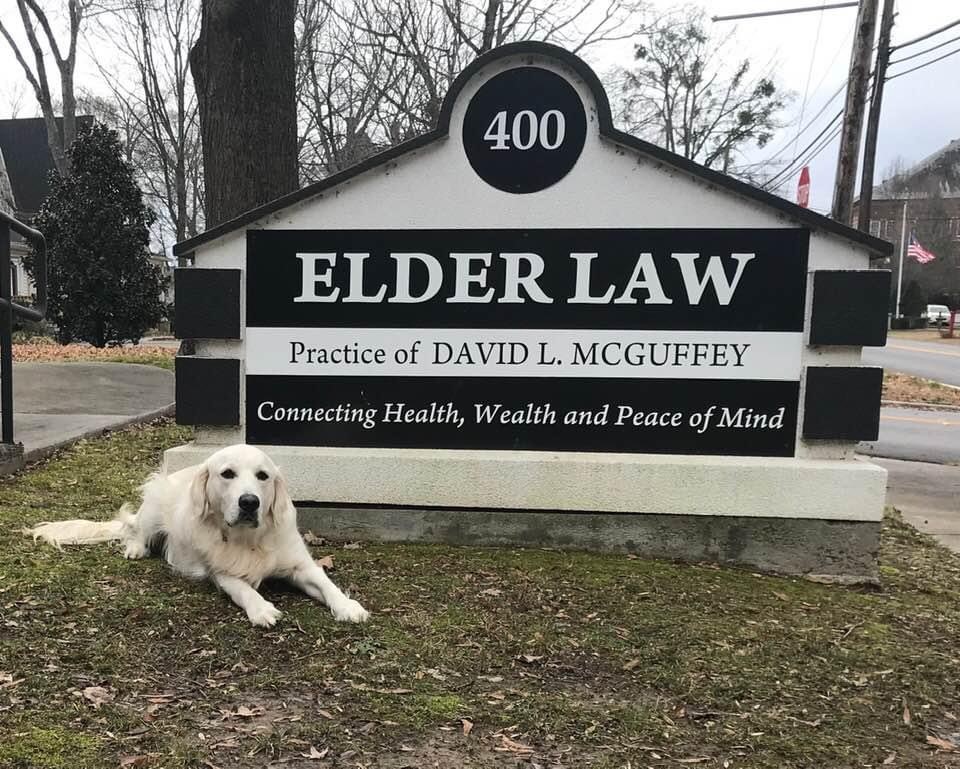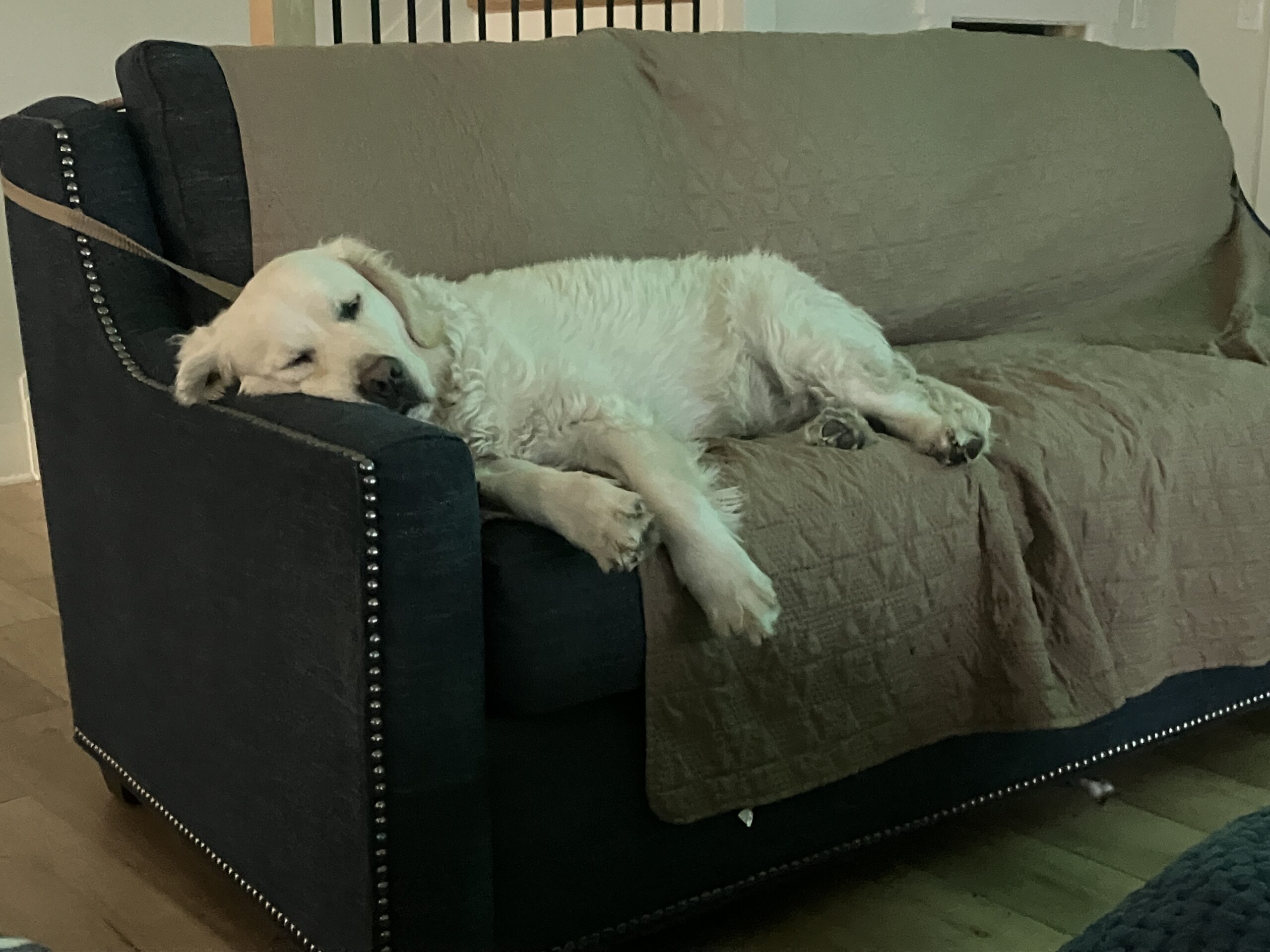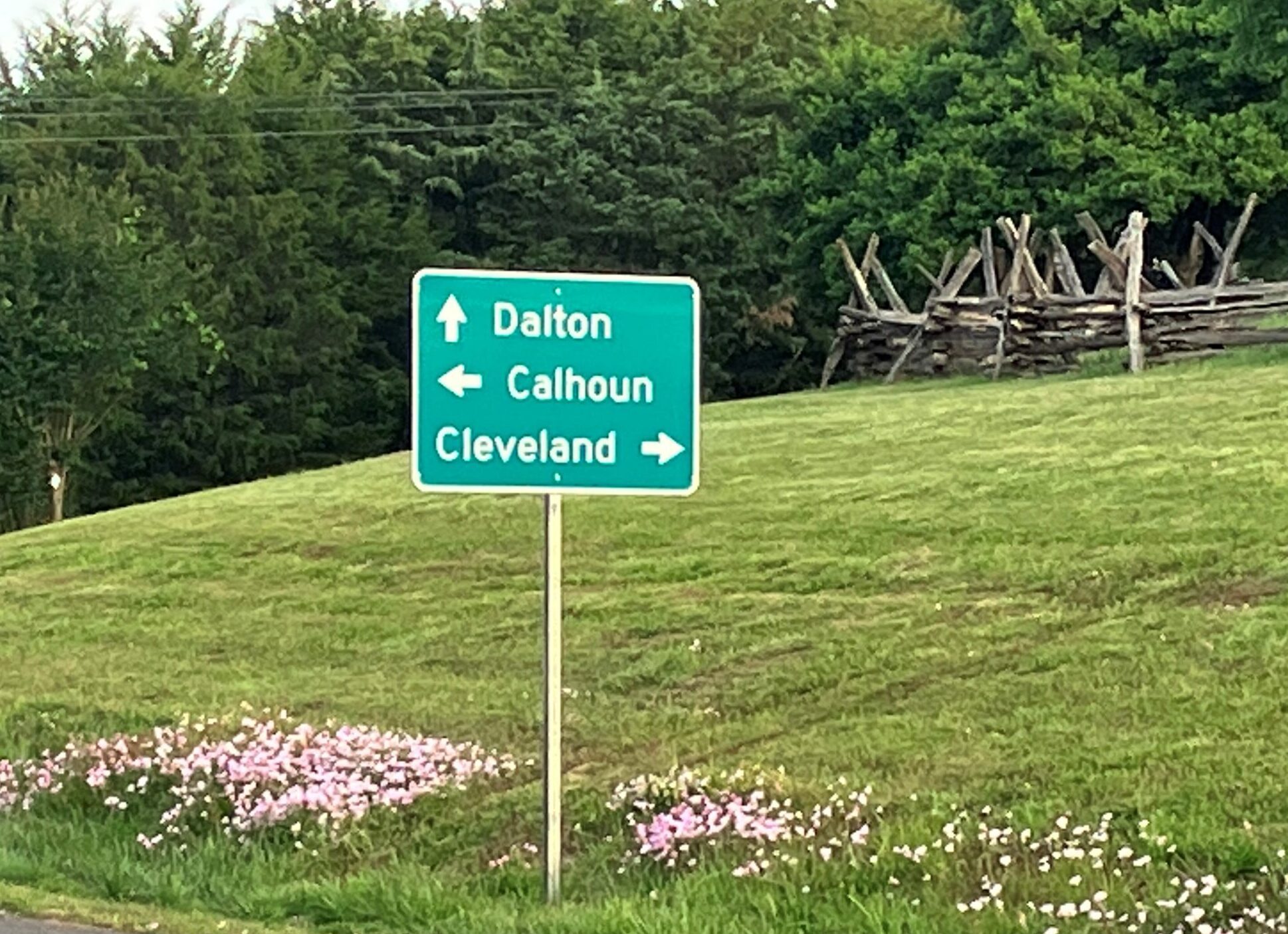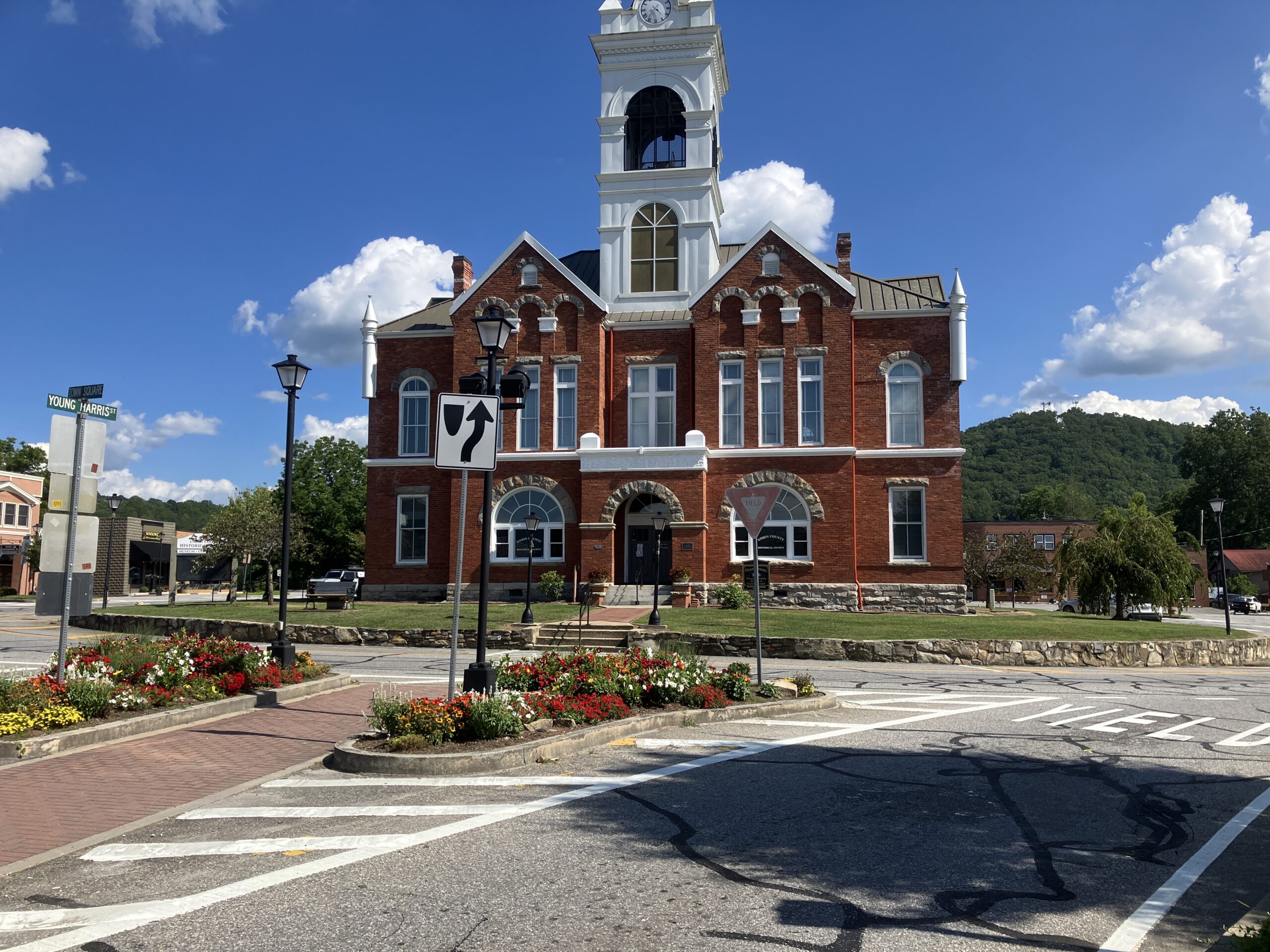At the Elder Law Practice, we don’t assume everyone needs a trust. We tend to ask a lot of questions to see whether you have a reason for using a trust. The old adage that if you’re a hammer salesman, every problem looks like a nail applies in the legal field as much as it applies in other aspects of life. But one recurring issue deserves mention because it can complicate probate, making it expensive.
If a couple has no children, a trust is probably the best tool for disposing of their resources. The case of West v. Miller is one of many which illustrates the reason why we say “use a trust.” In that case, William Hamby died in 2019. He was not married at the time and had no living children; his wife and only child predeceased him. That meant his heirs at law had to be tracked down and given notice that his estate was being probated. In Mr. Hamby’s estate, a Will drafted in 1991 (28 years before his death), left his estate to his deceased wife and son. Litigation ensued where three half-siblings and a nephew asked the Court to construe the meaning of Mr. Hamby’s Will. “More than ten months after the filing of the petition, and hours before Petitioners and Respondents filed a notice that they had reached a settlement regarding all claims, West filed a motion to intervene, stating summarily that, as the decedent’s cousin, he “may” be the heir to the nearest degree and citing generally to OCGA § 53-2-1.”
The Court denied Mr. West’s motion to intervene and West appealed. On appeal, the Court reversed saying that West should have been allowed to intervene. That means the case went back to the lower court, continued to be entangled in the legal system and a large portion of Mr. Hamby’s estate probably went to pay legal fees. Even if West received a portion of Mr. Hamby’s estate, he was probably what lawyer’s call a laughing heir.
Even where there is no dispute regarding who will receive someone’s estate and the identity of someone’s heirs-at-law is known, the expense and trouble of contacting all of them can be significant. Let’s use the following example:
Mr. Smith outlives his wife of 40 years and dies without any children. He has a Will, but no trust, and leaves everything to a worthy charity like St. Jude’s.
Using this example, when Mr. Smith’s executor files a petition to probate the Will, his executor must give notice to all of Mr. Smith’s heirs-at-law. The reason is because those are the people who could contest the Will if it was not valid. Let’s assume Mr. Smith’s parents are deceased but had six children. Three of Mr. Smith’s siblings are deceased, but they each had three children. The executor must track down Mr. Smith’s two living siblings and nine nieces or nephews and give all of them notice. If any of the nieces or nephews are deceased but had children, then the executor has to continue the search until all of Mr. Smith’s closest living relative have been notified of the probate petition. If any of these people refuse to sign and return an acknowledgment and consent to the Petition to Probate Mr. Smith’s Will then they must be formally served. Every one of these heirs-at-law would have a right to contest the Will, see In Re Estate of Florance, 371 Ga. App. 153 (2024) (all relatives with a potential interest in the estate have standing to file a caveat), and if they did, it is less likely that Mr. Smith’s estate goes where he wanted it to go and more likely it will be used to pay legal fees or be given to a laughing heir.
If Mr. Smith had placed his probate assets inside a revocable living trust, there is a good chance probate would be unnecessary. A trust doesn’t die. If Mr. Smith was the initial trustee of his trust, it probably named a successor trustee who would step into Mr. Smith’s shoes after his death. Even if the trust didn’t name a successor trustee or identify a method for selecting one, a Court can name a successor trustee because a trust never fails for want of a trustee. Mr. Smith could have deeded his land to the trust and moved his non-retirement financial accounts into the trust. He would still have full control over them during his lifetime, but he would know they will go to his intended beneficiary after death. His non-probate assets, like life insurance and retirement accounts, would go to the person or charity named on his beneficiary form and in our example that’s probably St. Jude’s. Using a trust avoids the problem of unknown heirs-at-law coming out of the woodwork and causing problems.
If you have questions about whether a trust is right for you, call us. We can be reached at (706) 428-0888.
























